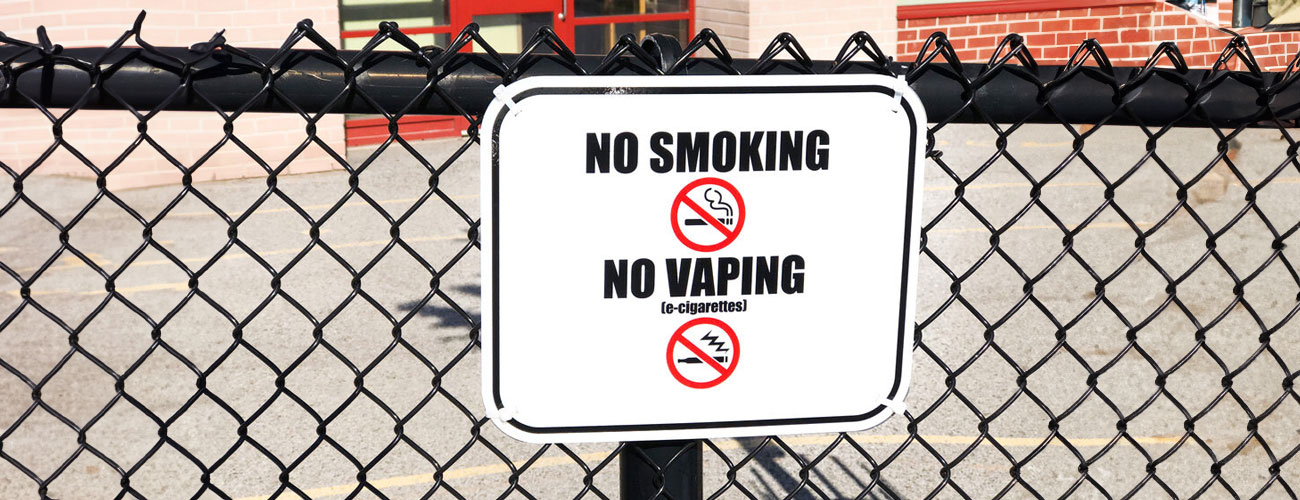The European Union (EU)’s move to ban vaping outdoors alongside smoking “is not driven by science or what is best for public health”, a leading vape advocacy group has said.
European Tobacco Harm Reduction Advocates (ETHRA), an association representing 27 million consumers of safer nicotine products, says it is “deeply disappointed” by the decision.
“Unfortunately, the Commission disregarded the views of consumers and also the most up-to-date scientific evidence on the subject,” a statement from the ETHRA says.
“The new initiative recommends including vape aerosol in smoke-free environment legislation and also extending the rule to include key outdoor areas.”
The proposed areas for a smoking and vape ban include outdoor recreational areas where children are likely to congregate such as public playgrounds, amusement parks and swimming pools; outdoor areas connected to healthcare and education premises; public buildings; service establishments; and transport stops and stations.
ETHRA provided submissions to the consultation pointing out that the purpose of the ‘Recommendation on Smoke-Free Environments’ is to protect people in the EU from exposure to second-hand smoke, as well as to encourage current smokers to quit.
Second-hand vape aerosol risk “negligible”
It said that since second-hand vape aerosol is of negligible risk to bystanders, as proven by research from the Royal College of Physicians and Public Health England, there is no scientific or public health basis to extend the recommendation to include vapes.
It added: “In fact, by conflating second-hand aerosol with second-hand smoke it will harm public health by increasing misperceptions of the relative risk of vaping compared to smoking and will likely increase smoking.”
ETHRA is not alone in expressing concern about the new recommendation.
Vapes important harm reduction tools
Peter Liese, German MEP and Health Policy Spokesperson for the European People’s Party (the largest political grouping in the EU), wrote in a statement:
“For heavy smokers who otherwise cannot quit, e-cigarettes are an important tool to reduce harm and risks. E-cigarettes do contain nicotine, which is addictive, but they do not contain all the other substances in cigarette smoke that cause damages such as cancer and stroke.
“And even though not all risks are known yet, even experts from the World Health Organization say that there is no theoretical scenario where e-cigarettes are as harmful.
“Therefore, I do not think it is effective to equate them with tobacco smoke in the proposal for the Council recommendation. I hope the member states will correct this point”
A recommendation – not a rule
ETHRA pointed out, however, that the move from the EU is a “recommendation” and not part of a Directive.
This means it is not compulsory, but instead up to national governments if they choose to incorporate it into their smoke-free environment or tobacco control policies.
“Let’s hope that member states use some common sense and leave decisions on vape policy to those best able to take them: the owners and operators of properties to which the vaping policy applies, not European institutions,” ETHRA said.



